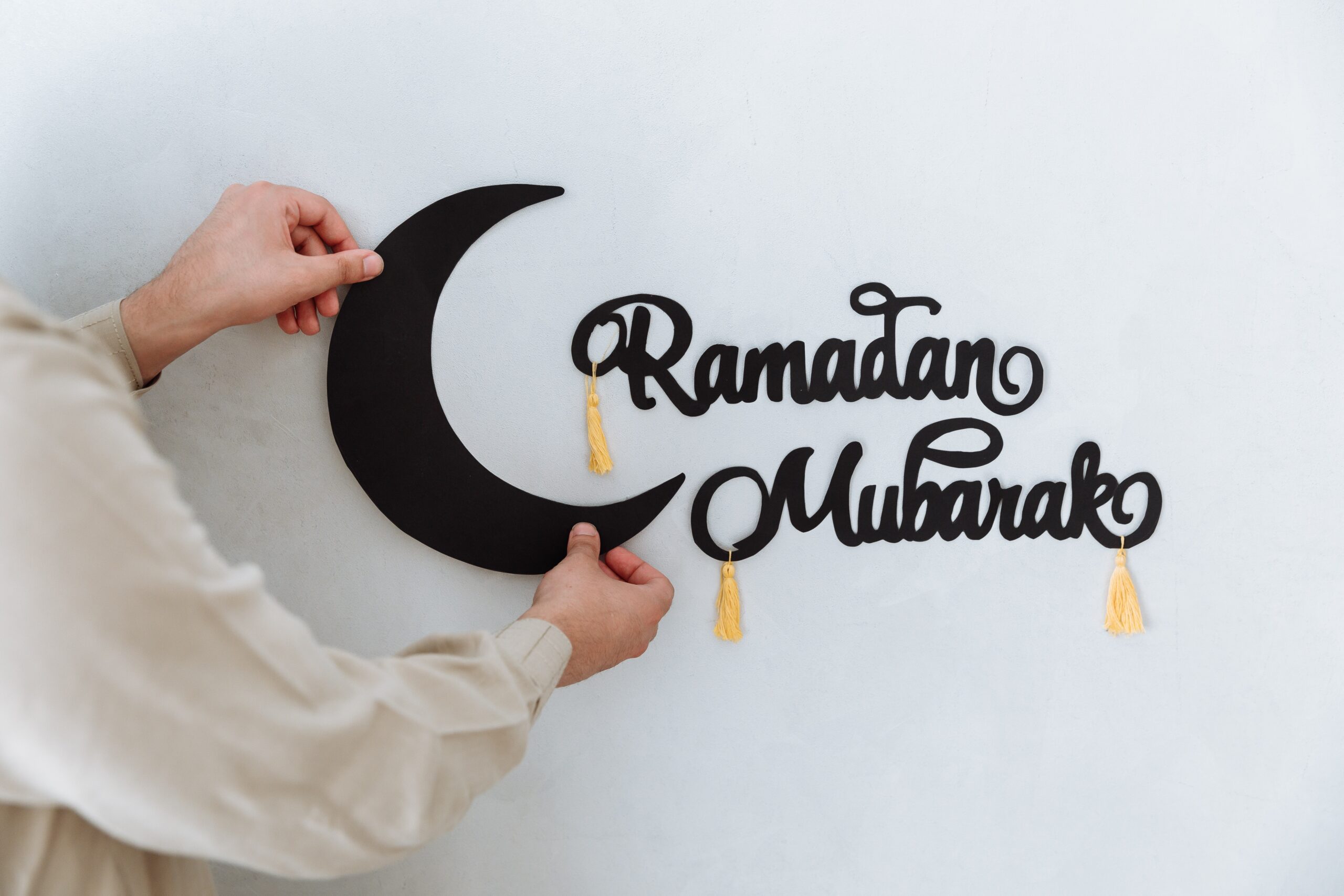
Ramadan Mubarak | Photo by Thirdman | Pexels.com
In the Islamic calendar, the ninth month is known as Ramadan, where Muslims fast during sunlight hours for many reasons, the main one being as a form of worship.
What is Ramadan?
Ramadan is one of the five pillars of Islam called Sawm, according to the Islamic Networks Group.
The five pillars are known as fard, which is the Arabic translation using the English alphabet for the word “obligatory.” The month of Ramadan was when the Qur’an, the holy book of Islam, was revealed.
This year’s Ramadan takes place between the evening of March 22 and the evening of April 21, according to Muslim Aid.
Marwah Almuzoughi, a sophomore international studies major, is the co-president of Wright State University’s Muslim Student Association. Almuzoughi explained the importance of Ramadan.
“It is not just about not eating and drinking, there’s a lot of outputs to it. Ramadan is the one month in the whole year that people are more focused on self-reflection and being a better person,” Almuzoughi explained.
Fasting and prayer
According to Almuzoughi, during Ramadan, Muslims do not only fast, but it is also a time of self-reflecting, abstaining from certain behaviors, such as smoking and cursing, focusing more on faith, praying extra prayers, reading the Qur’an and giving to charity.
The fasting consists of no eating or drinking from sunrise to sunset. Throughout Ramadan, this form of worship provides a better perspective to those less fortunate, as well as increases compassion and gratitude.
Muslims will eat a little before sunrise before starting the day of fasting; this is known as Suhoor. Then there is Fajr, the first (out of five) prayer of the day.
Iftar, known as the breaking of the fast, occurs in the evening of Ramadan after sunset. Iftar is usually a larger meal that Muslims share with family, according to Almuzoughi.
Muslims traditionally break fasts with dates and water or milk because that is how the Prophet Mohammad would break fasts.
Exceptions
According to Almuzoughi, those who are traveling, pregnant or breastfeeding, as well as those with other medical conditions or reasons, do not have to fast. Instead, those who cannot fast make up for the fasting by feeding someone each day. Alumzoughi recited an important verse from the Qur’an [2:185].
“‘Allah intends for your ease and does not intend for your hardship and [wants] for you to complete the period and to glorify Allah for that [to] which He has guided you, and perhaps you will be grateful,’” Alumzoughi said.
Eid al-Fitr
At the end of Ramadan is a celebration called Eid al-Fitr (the festival of breaking the fast), which begins Saturday, April 22, and lasts up to three days, according to Muslim Aid.
During this time, people use phrases like “Ramadan Kareem” (have a generous Ramadan), “Ramadan Mubarak” (have a blessed Ramadan) and “Eid Mubarak” (blessed Eid/holiday).
The Muslim Student Association will be hosting a “fast-a-thon” on April 10 in the Student Union Apollo Room.
